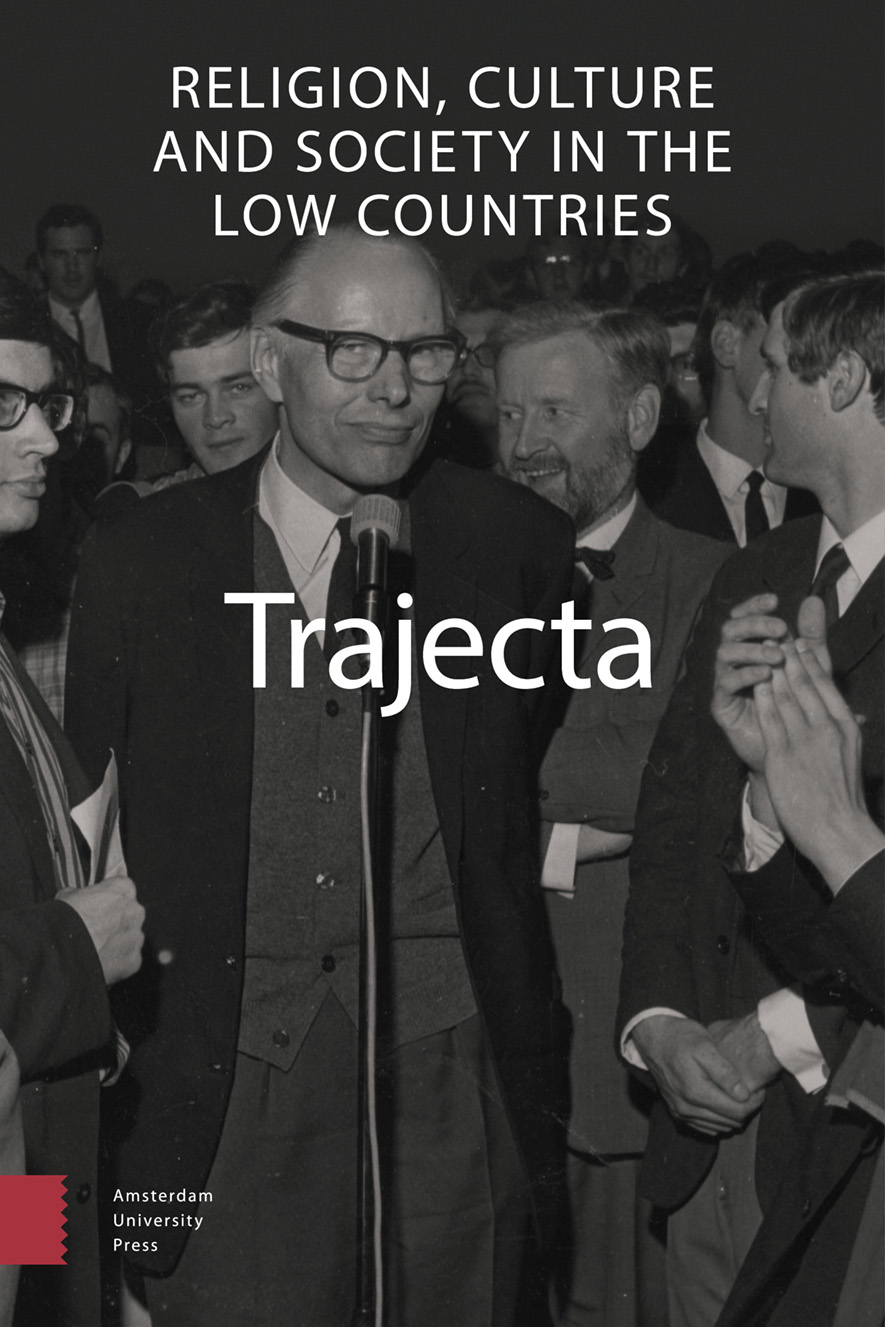-
oa Om mens en menselijkheid
Willem Banning en de verbinding tussen religie, mens en maatschappij in de politieke vernieuwingsdiscussie tussen 1920 en 19601
- Amsterdam University Press
- Source: Trajecta, Volume 28, Issue 2, Dec 2019, p. 271 - 298
-
- 01 Dec 2019
Abstract
In May 1945, shortly after the Liberation of the Netherlands, Dutch Reformed minister Willem Banning (1888-1971) published a sketch of a ‘personalistic socialism’. Shortly thereafter, he became one of the founding fathers of the renewed Dutch Labor Party. At the first convention of the new party he proposed that the process of renewal of socialism had to be informed by ‘spiritual values’. In Dutch historiography, the role of Banning as one of the founders of the Dutch Labor Party was never really been understood as religiously or even ideologically motivated. The so-called ‘Breakthrough-movement’ – which sought a new synthesis between political action and religious or ideological inspiration – has been generally interpreted in terms of opportunism: in order to persuade Catholic and Protestant workers to vote for the Labor Party, some spiritually and morally loaded vocabulary was added and the harsh anti-religious affiliation of classic socialist politics was (temporarily) toned down. In this article, I propose a new analysis of the breakthrough-movement, inspired by new studies on public debate in the Netherlands and in Europe between 1918 and 1960 and by an in-depth analysis of the intellectual development of Banning. This leads to the conclusion that the spiritual and religious sources of inspiration of the breakthrough movement should be seen as a turning point in the Dutch debate on the essence of humankind and his/her role in society, church and politics in a period still problematically labelled by the metaphor of ‘pillarization’.


